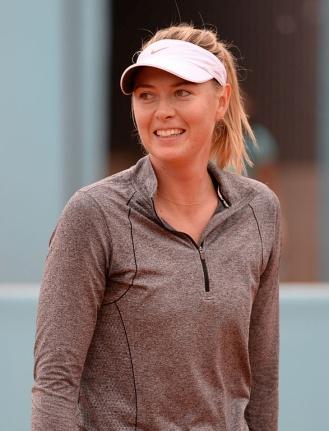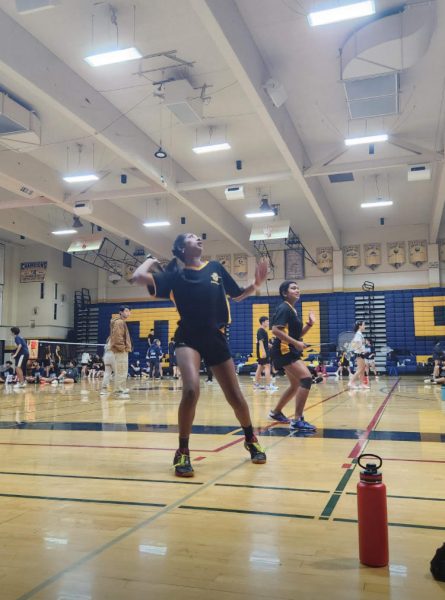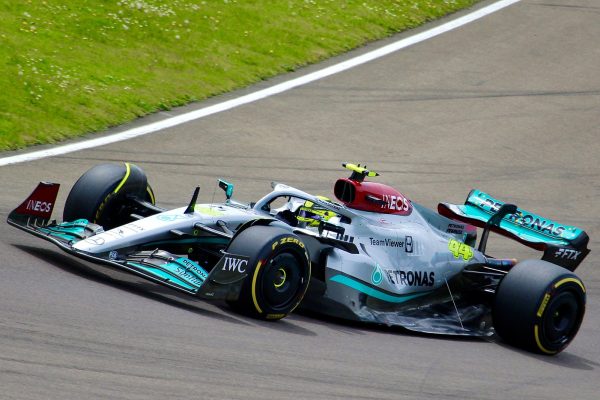Drugs Cause a Loss of Integrity in Sports
In early November of 2015, the International Association of Athletics Federations (IAAF) provisionally  suspended the country of Russia as a member, potentially keeping the country from competing in track-and-field at the 2016 Summer Olympics. This action came as a result of a report by the World Anti-Doping Agency (WADA), summarizing an investigation into widespread cheating through the use of “doping substances and methods to ensure, or enhance the likelihood of, victory for athletes and teams,” as stated in the official document. Four months later, it seems Russia is still not keen on following the rules, more countries are getting caught up in investigations, and track and field is not the only sport being wracked by doping scandals.
suspended the country of Russia as a member, potentially keeping the country from competing in track-and-field at the 2016 Summer Olympics. This action came as a result of a report by the World Anti-Doping Agency (WADA), summarizing an investigation into widespread cheating through the use of “doping substances and methods to ensure, or enhance the likelihood of, victory for athletes and teams,” as stated in the official document. Four months later, it seems Russia is still not keen on following the rules, more countries are getting caught up in investigations, and track and field is not the only sport being wracked by doping scandals.
German public broadcaster ARD shared with the world the latest allegations against Russia on March 6, 2016, claiming “an official from the discredited Russian Anti-Doping Agency gave athletes advance warning of testing plans and that a banned coach continued to operate.” In a near immediate response WADA President Sir Craig Reedie related the organization’s “dismay,” before saying that an IAAF taskforce is already at work examining the newest information.
In order for Russia’s athletes to compete in the 2016 Summer Olympic Games in Rio de Janeiro, Brazil, the Russian athletics program must comply with a third-party testing system – currently through Great Britain – and work to repair its own, according to the Guardian. If these standards are not met, as the most recent allegations seem to indicate, it is likely athletes associated with the Kremlin would not be allowed to participate.
Even as the international athletics community has been left reeling by the original accusations leveled at Russia, new reports are now coming to light that lay blame on other countries as well, such as Kenya and Ethiopia. Kenya is in danger of missing the Rio Games because of probation relating to the failure to form a national anti-doping agency. Nine Ethiopian runners, several of global renown, are being investigated for doping charges, and Abeba Aregaw, the 2013 world champion in the 1,500 meters, tested positive for a banned substance in the past few weeks, USA Today reported.
In response to these recent allegations, as well as to a January report revealing corruption in the senior levels of the IAAF, there have been calls for expanded investigations into both Russian and Summer Olympic sports not a part of athletics. Travis Tygart, CEO of the U.S. Anti-Doping Agency (USADA), has called for a better effort by WADA to deal harshly with state-sponsored doping practices. In response, the U.S. Olympic Committee’s athlete advisory council has sent a letter to both WADA and the International Olympic Committee beseeching more action. The common sentiment is that while “clean” athletes should not be clouded with suspicion, there is no deterrent currently in place to counteract the doping epidemic in Olympic sports.
To cap off the ongoing drama in the athletics sphere, tennis star Maria Sharapova has just come forward with a positive test result for recently banned meldonium. The Russian flag-bearer at the 2012 London Summer Games, Sharapova had been taking the substance since 2006 for heart problems, according to CNN. However, meldonium was added to WADA’s banned substance list on January 1 of this year, as it was believed athletes were “using it with the intention of enhancing performance,” according to the WADA website. She will likely receive a suspension of two to four years, depending on whether her use after the ban took effect was intentional. Responses have been mixed, with sponsors Nike and Tag Heur suspending their support even as her forthrightness has been praised.
If recent events are any indication of the future of sports, it is clear that doping is becoming a gnarly issue of unprecedented levels in international competition. The Summer Games are only five months away, and there is no telling what drama has yet to unfold beyond the recent sagas in both tennis and track-and-field.










